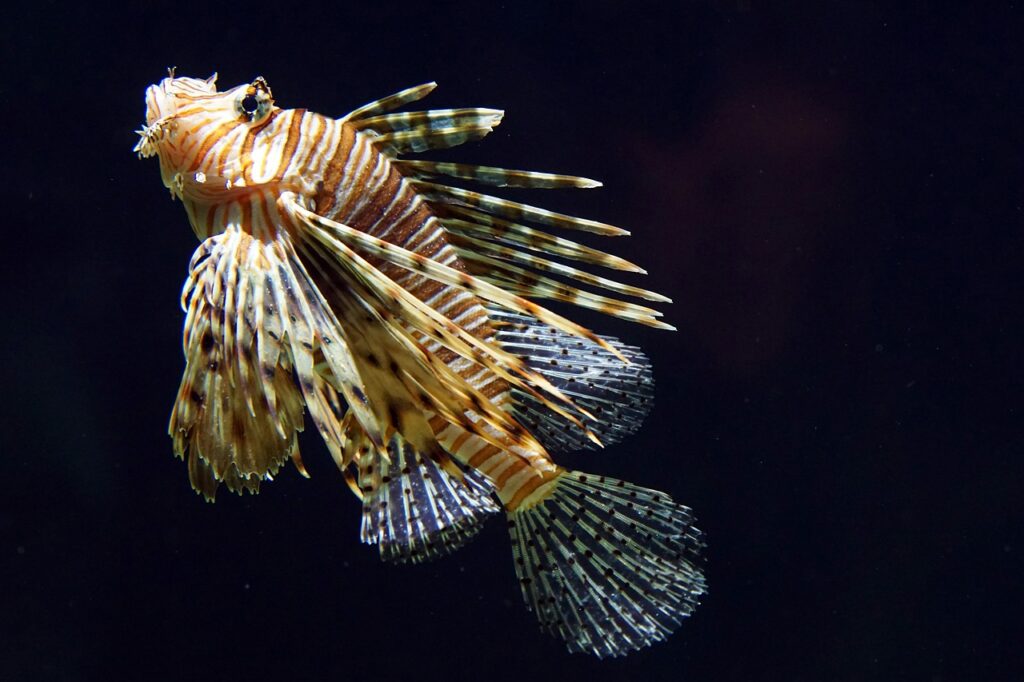Sail magazine currently has an online article about eating smaller reef fish like lionfish as a way to avoid getting ciguatera. The problem is that lionfish are not safe where ciguatera is concerned.

Image by Makabera from Pixabay
The problem being most testing of lionfish has found that lionfish have the same ciguatera toxin levels as fish such as grouper or barracuda do. Add to the fact that ciguatera toxins are cumulative so eating a lot of lionfish over time can add up to the straw-that-breaks-the-camels-back situation.
A NCCOS-sponsored report finds that 40% of lionfish in USVI waters have a measurable level of ciguatera and that 12% of the USVI lionfish population has levels that exceed safe consumption levels. Other studies in St Martin, St Barts, and Guadeloupe have shown ciguatera levels to differ from area to area. This backs up the idea that ciguatera toxin levels are related to location.
The downside being that it’s impossible to know which reef or area is “safe” or dangerous.
Personally, I find it just makes sense to not eat reef fish of any kind and concentrate my fish consumption to pelagic species that I catch myself.